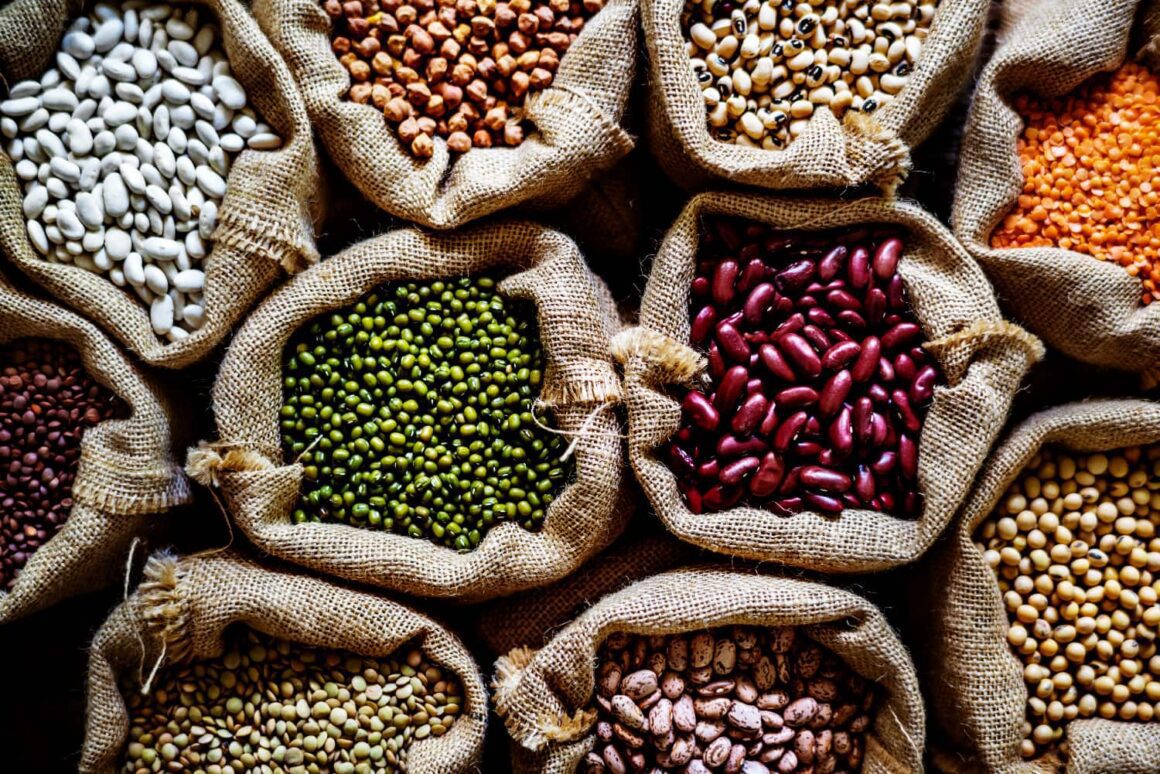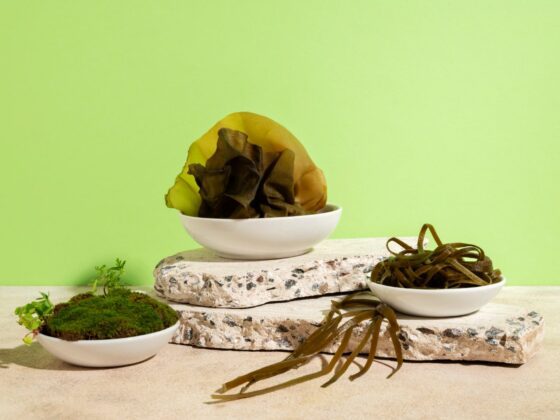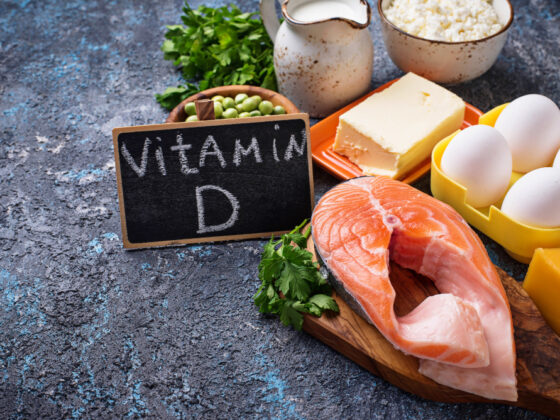Table of Contents Show
✍️ AI is summarizing:
Seeds may be small, but their nutritional value is enormous. Packed with healthy fats, fibre, protein, vitamins, and minerals, seeds offer a wide range of health benefits. From supporting heart health to aiding digestion, incorporating seeds into your diet can significantly enhance your well-being. Let’s explore the health benefits of seeds and why they should be a staple in your meals.
Related post:
Nutritional health benefits of seeds
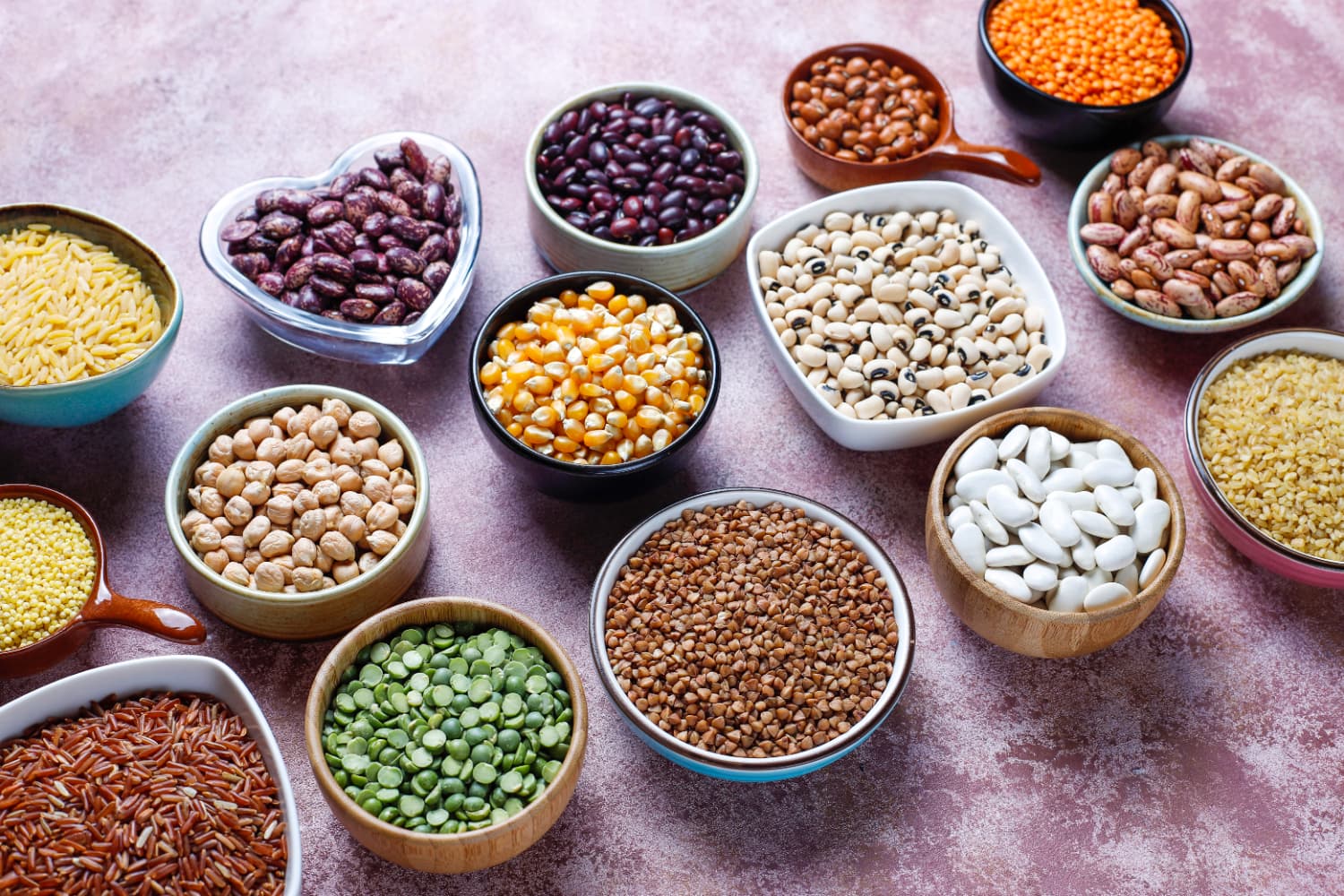
Seeds are rich sources of essential nutrients like magnesium, zinc, and iron, contributing to improved overall health. Regular consumption of seeds supports heart health, promotes digestion, and even enhances cognitive function. Adding a variety of seeds to your diet also helps you achieve the recommended intake of 30 different plants per week, promoting a diverse and balanced eating pattern.
However, not all advice about seeds is scientifically proven. For example, the concept of “seed cycling,” which suggests consuming different seeds during various phases of the menstrual cycle to regulate hormones, lacks substantial scientific evidence. While seeds offer health benefits, it’s essential to base dietary choices on well-researched information.
Popular seeds and their health benefits
Sunflower seeds: A powerhouse of heart-healthy nutrients
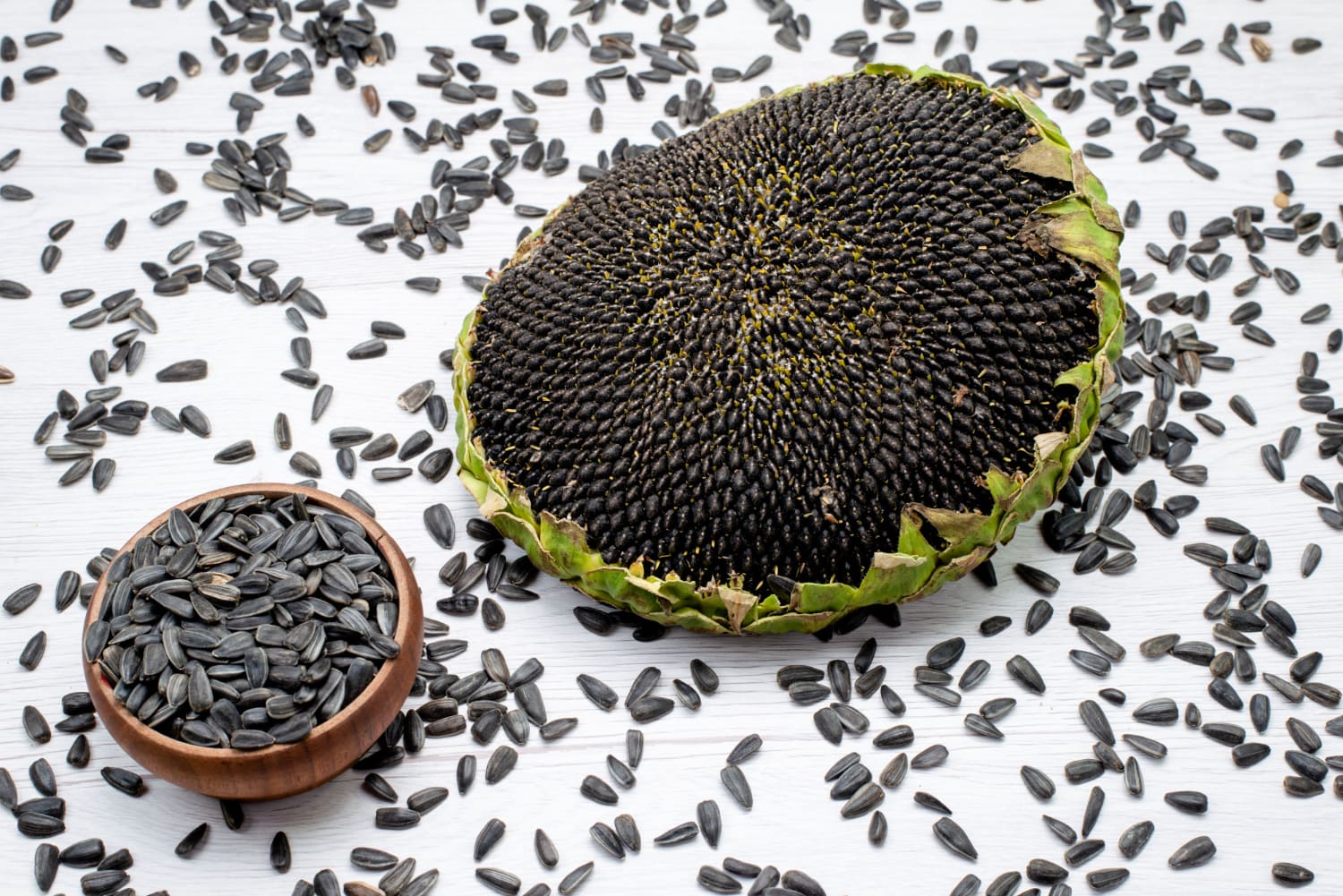
Sunflower seeds are loaded with vitamin E, a powerful antioxidant that helps reduce inflammation. They also contain soluble fibre and healthy fats that lower cholesterol levels. The linoleic acid in sunflower seeds can relax blood vessels and lower blood pressure, making them a great addition to a heart-healthy diet.
Chia seeds: High in fibre and omega-3 for digestion and heart health
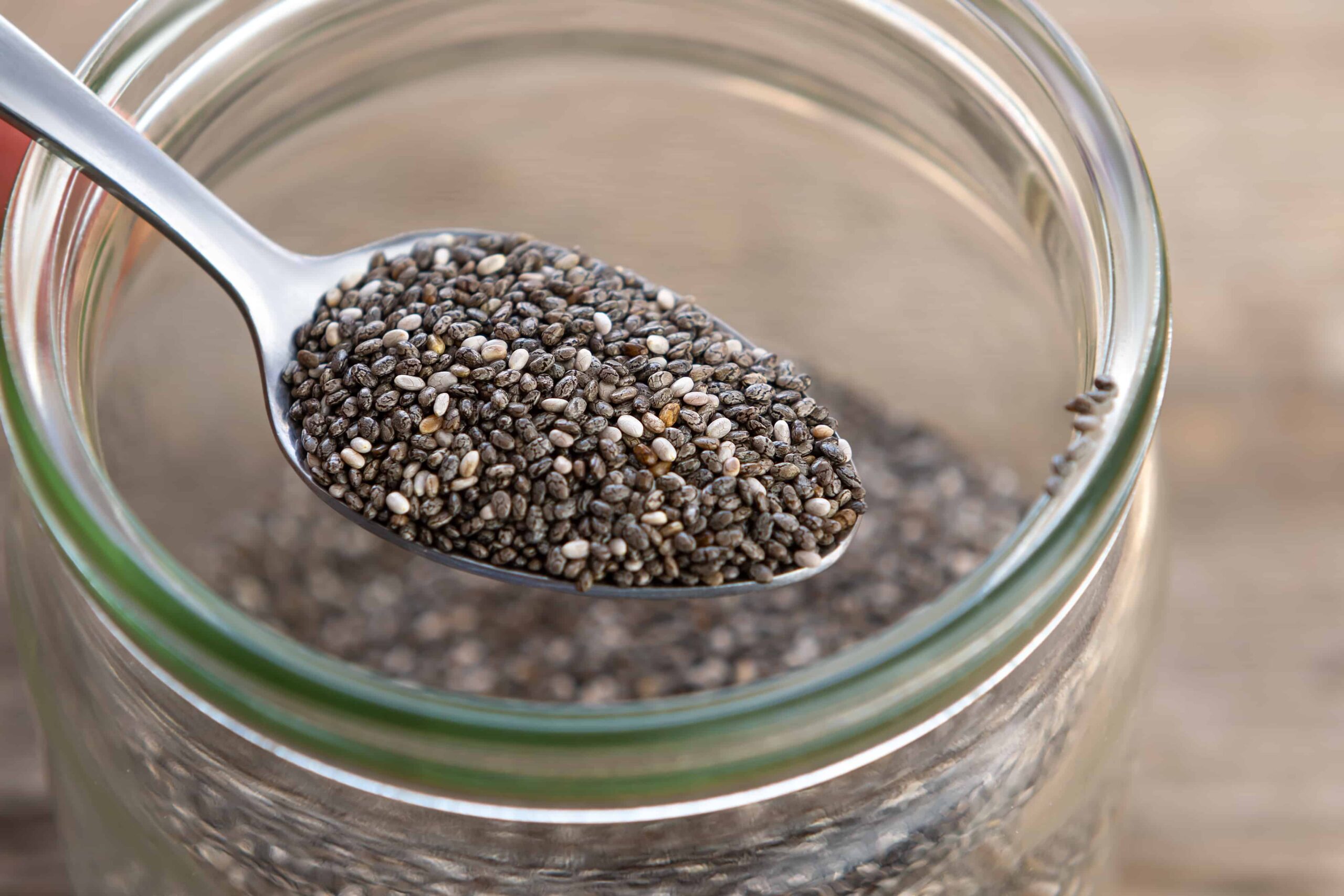
Chia seeds have been valued since ancient times for their energizing properties. They are rich in omega-3 fatty acids, fibre, and antioxidants, which can help reduce inflammation and keep you feeling full for longer. These seeds absorb up to ten times their weight in liquid, making them perfect for smoothies, puddings, or thickening sauces. To fully enjoy their health benefits, consume them in moist dishes rather than dry.
Hemp seeds: A plant-based protein boost
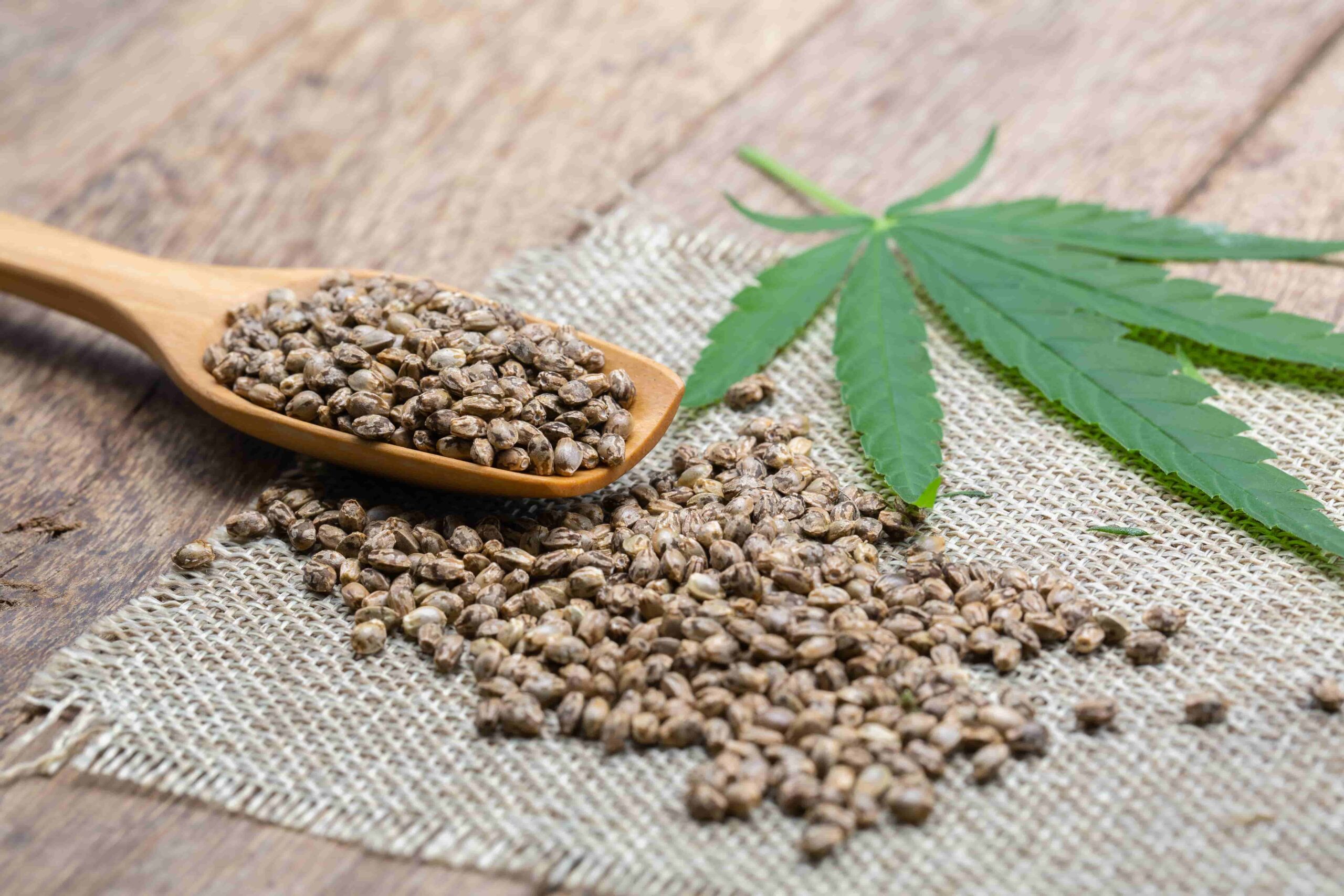
Hemp seeds contain more protein than most other seeds, making them an excellent choice for those looking to increase their protein intake naturally. Their mild flavour allows them to blend well into porridge, sauces, or smoothies, providing a nutrient-dense boost to your meals.
Flax seeds: A rich source of omega-3 for brain and heart health
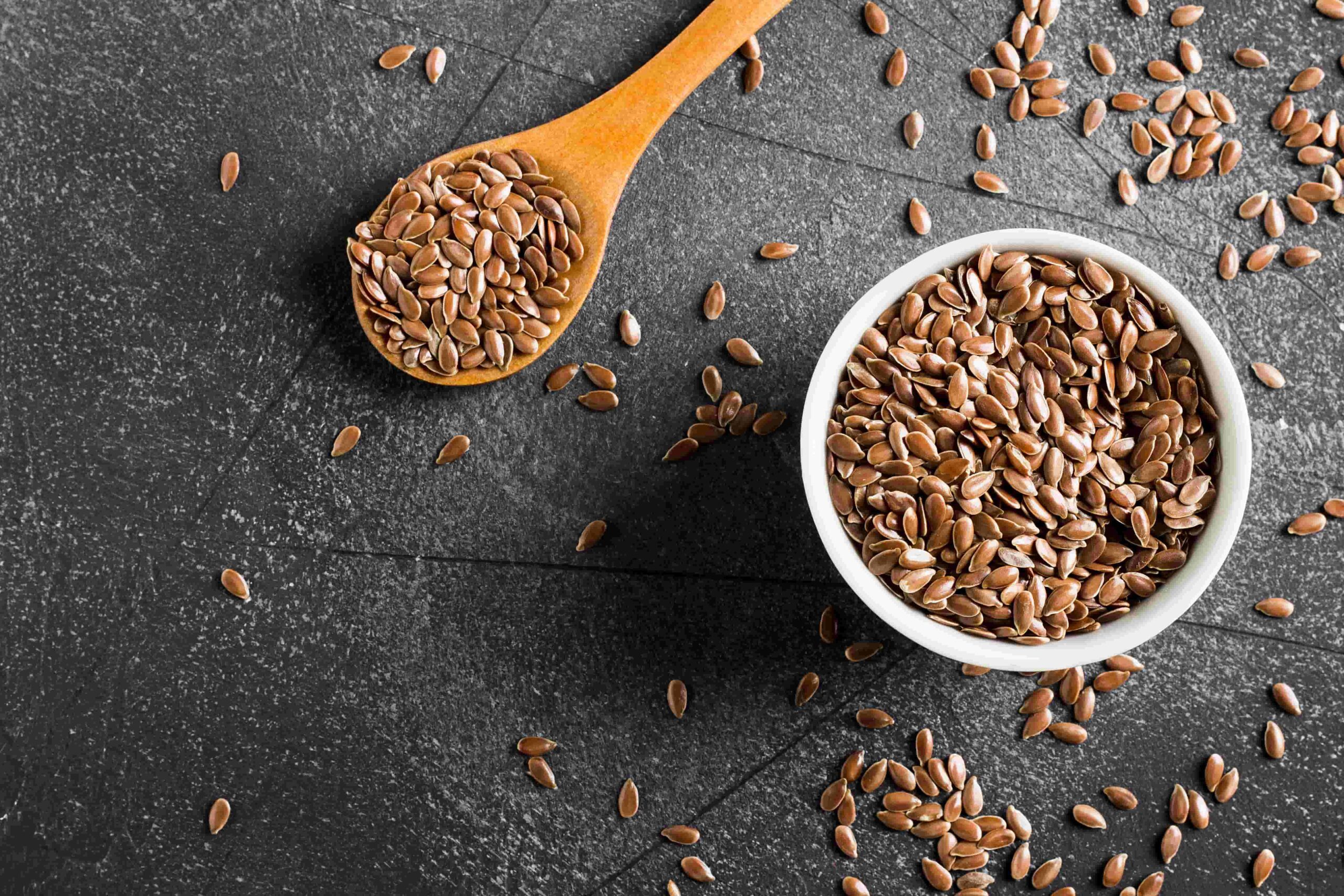
Flaxseeds are one of the best plant-based sources of omega-3 fatty acids, crucial for brain and heart health. Their high soluble fibre content supports digestion, making them particularly beneficial for pregnant women and older adults. To maximize their health benefits, flaxseeds should be ground, as whole seeds may pass through the digestive system without releasing their nutrients.
Pumpkin seeds: A natural source of iron and essential minerals
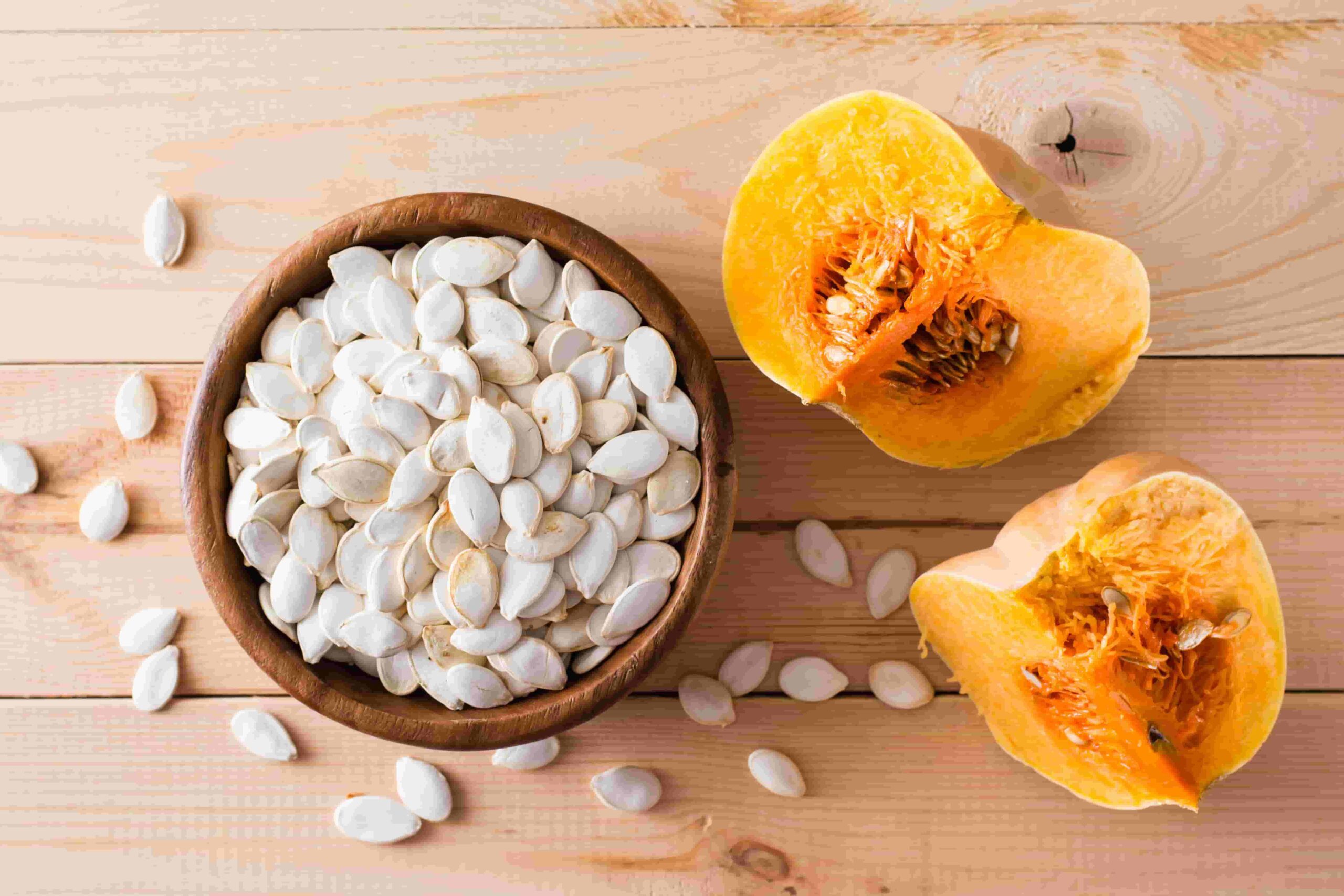
Pumpkin seeds are an excellent plant-based source of iron, essential for energy production and red blood cell formation. They also provide magnesium, zinc, and protein, which support immune function and muscle recovery. Pairing pumpkin seeds with vitamin C-rich foods, like citrus fruits or bell peppers, can enhance iron absorption, making them an important addition to a nutrient-rich diet.
Sesame seeds: A boost for bone health
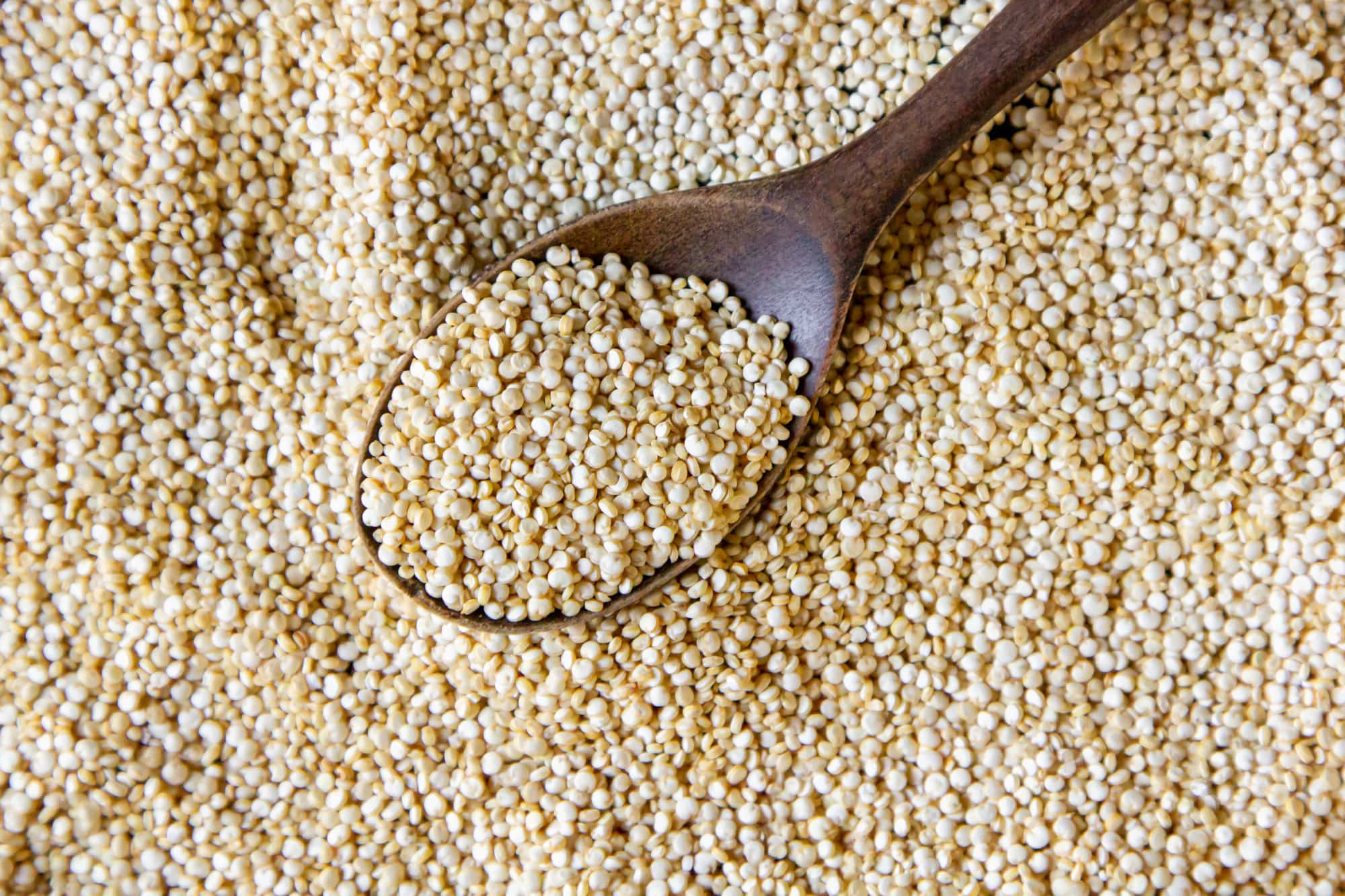
Sesame seeds are packed with calcium and lignans, which support bone health and may help regulate blood pressure. They are particularly beneficial for adolescents and older women, who need additional calcium for bone strength. Toasted sesame seeds can be sprinkled on salads, stir-fries, or used as a topping for various dishes.
Popular Vietnamese seeds and their health benefits
Lotus seeds (Hạt Sen): A calming superfood
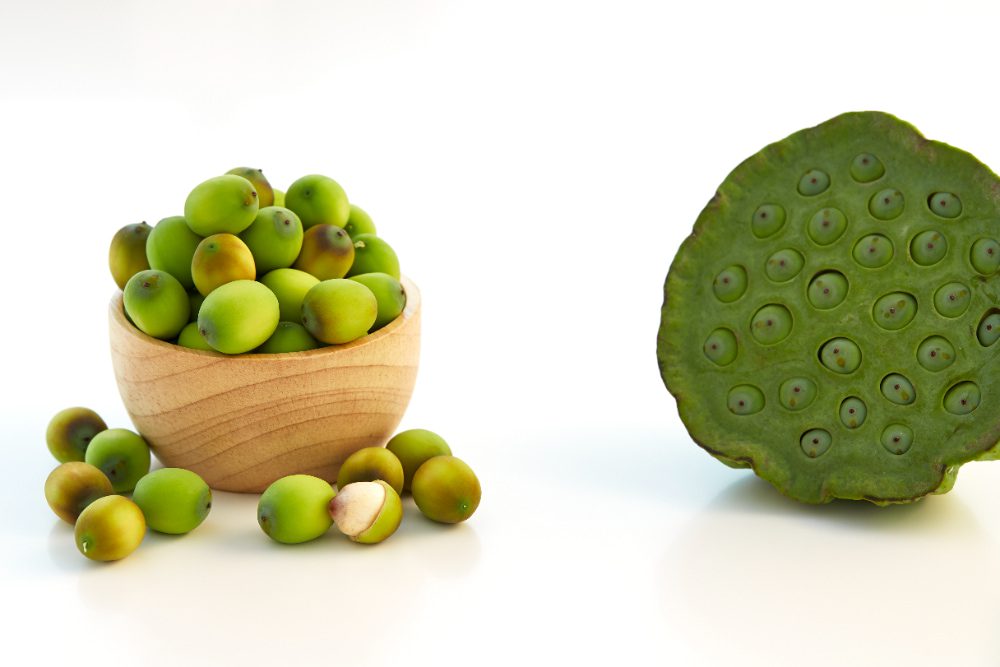
Lotus seeds, commonly used in Vietnamese cuisine, are rich in protein and antioxidants. They are known for their calming properties and are often included in traditional soups and desserts. Consuming lotus seeds may promote relaxation and improve sleep quality, making them an excellent choice for those struggling with stress or insomnia.
Mung bean seeds (Hạt Đậu Xanh): A nutrient-dense detox food
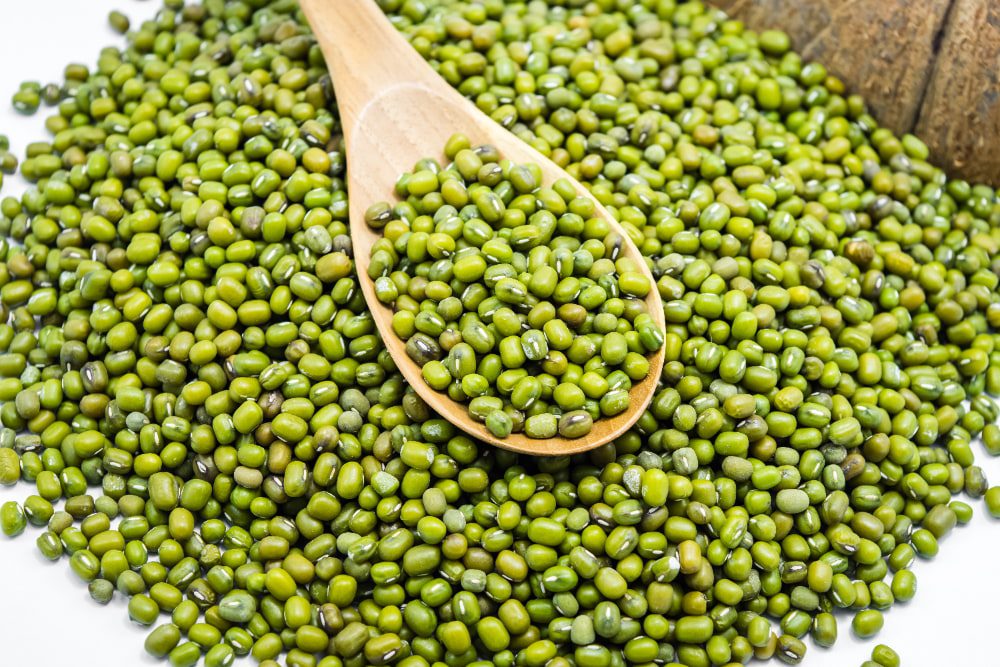
Mung beans are high in fibre, protein, and essential vitamins, making them a staple in many Vietnamese dishes. They are known for their detoxifying properties and can aid digestion, making them a valuable addition to a balanced diet. Whether enjoyed in sweet desserts or savoury soups, mung beans provide numerous health benefits for overall wellness.
Conclusion
Incorporating seeds into your diet can provide a wealth of health benefits, from improving heart health to enhancing digestion and boosting immunity. Whether you choose chia seeds, flaxseeds, pumpkin seeds, or traditional Vietnamese seeds, these nutrient-rich powerhouses can significantly improve your overall well-being.
To maximize their benefits, enjoy a variety of seeds as part of a balanced and diverse diet. Start adding more seeds to your meals today and experience their remarkable impact on your health! Follow our official Facebook page now to receive more interesting information.

